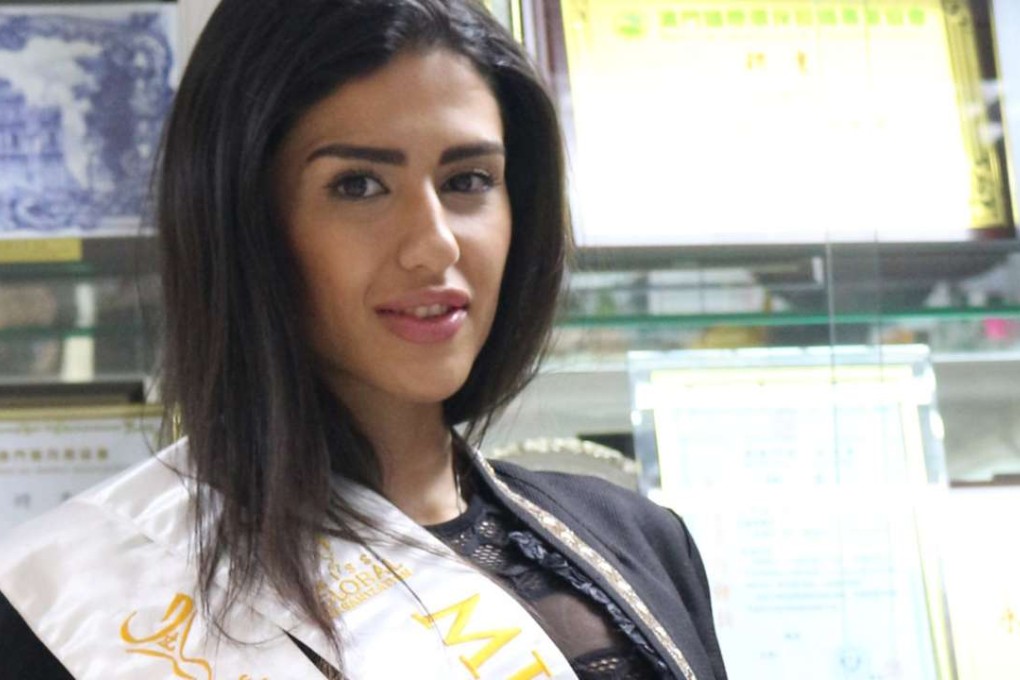Why were Macau officials going through Miss Iran’s underwear?
How the Iranian-born poker player, magician and beauty queen got out of a Macau border ordeal – and the questions it raises about the city’s supposed reinvention

Both cases set off a heated debate on who can go where and who has the right to stop them.
But in the international intrigue and sheer strangeness stakes, neither can compete with a bizarre attempt by Macau border authorities to block an Iranian-born South African woman who landed in the world’s number one casino hub on a flight from the Philippines at the end of last month.
Enter (or rather don’t, in this case) the striking figure of Melika Razavi, who was shocked to find herself in what she described to This Week in Asia as an interrogation room, for the best part of three hours after touching down at Macau International Airport.
Razavi is quite possibly a one-off: a woman, a national of arguably the world’s most hardline Islamic state, a magician, a professional poker player and a beauty queen. Razavi, who is Miss Iran, usually has no trouble as she sashays through the international checkpoints that are part of life in the jet-setting world of professional card sharps, beauty pageants and the Magic Circle.